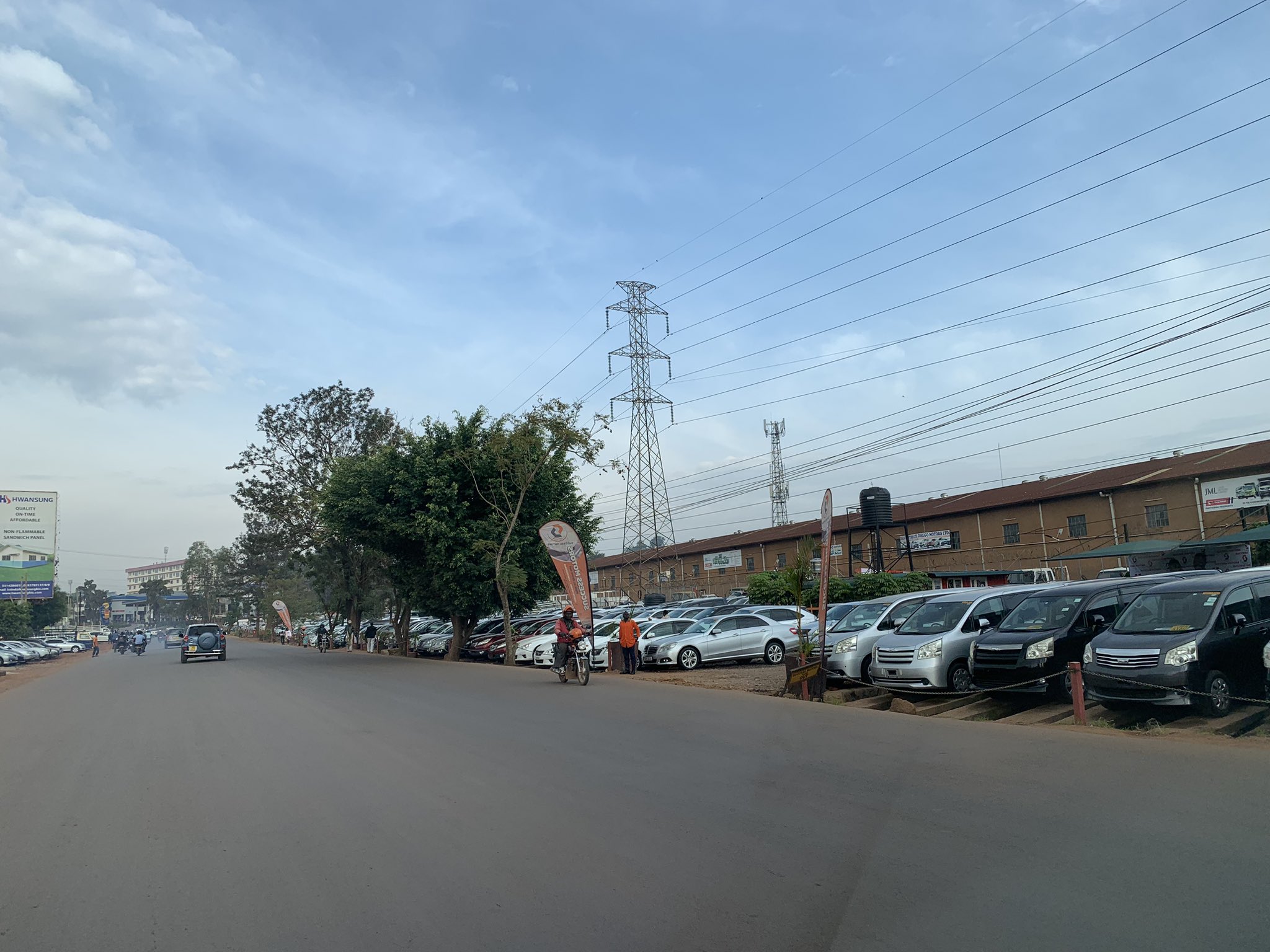Digital payments surge as cheque usage declines in Uganda
The report notes that by June 2024, the value of cheque transactions had decreased to Shs4.8 trillion, a significant drop from Shs7.98 trillion in June 2019—a reduction of Shs3.1 trillion.

As Uganda’s banking landscape continues to evolve, more and more Ugandans are opting for digital payment methods over traditional cheque transactions. According to the latest Bank of Uganda Annual Report, cheque payments have fallen by nearly half over the past five years.
This decline reflects the growing shift towards electronic payments and changing financial habits among both individuals and businesses. The report notes that by June 2024, the value of cheque transactions had decreased to Shs4.8 trillion, a significant drop from Shs7.98 trillion in June 2019—a reduction of Shs3.1 trillion.
The shift has been influenced by various factors, including the Bank of Uganda’s reduction of cheque payment value limits, which took effect in January 2022.
The new limits, which reduced the maximum cheque payment from Shs20 million to Shs10 million, were part of an effort to promote electronic payments like Electronic Fund Transfers (EFTs). During the same period, EFTs saw a 52.6 percent surge, reflecting the growing trust in digital transactions.
But what do ordinary Kampala residents have to say about the decline in cheque usage? We took to the streets to gather different perspectives.
“Digital is just faster and easier”
Joyce Mukasa, a businesswoman operating a boutique in downtown Kampala, says she rarely uses cheques anymore. “I used to pay suppliers with cheques, but now, with mobile banking and EFTs, it’s just faster and easier. I can complete transactions instantly, even when I’m not at the bank,” Mukasa explains.
“Plus, with cheques, there’s always the waiting period for clearing, and sometimes they bounce. That rarely happens with digital payments.”
Mukasa’s experience reflects a growing preference for digital transactions, particularly for time-sensitive business deals. For many small- and medium-sized enterprises, EFTs and mobile money transfers offer immediate payments, reducing the delay often associated with cheques.
For some, like Patrick Ssemwanga, a real estate developer, cheques are quickly becoming a thing of the past. “I used to rely on cheques for large transactions, but now it feels outdated. If I can send money electronically in seconds, why go through the hassle of writing a cheque? It’s just not practical anymore,” he says.
Ssemwanga points out that the Shs10 million cheque limit imposed by Bank of Uganda further pushed him towards digital alternatives. “For a developer like me, most of the payments I handle are above that limit, so I had to switch to EFTs or direct bank transfers. It’s actually been more convenient.”
There’s still a place for cheques
Not everyone is ready to say goodbye to cheques. Grace Nankunda, an accountant for a large construction company, believes that cheques still have their place in corporate finance.
“For large businesses, cheques offer a paper trail and a level of security that some companies still prefer. Even though we use EFTs for many payments, some clients and suppliers still insist on cheque payments,” she notes.
Nankunda, however, acknowledges the rise in digital payments, especially for smaller transactions. “We’ve definitely seen a decrease in the number of cheques we issue, but for high-value deals and certain clients, cheques remain an important part of our payment system.”
For younger Ugandans, digital payments are simply the way forward. Brian Ochieng, a 28-year-old tech enthusiast, says he hasn’t used a cheque in years. “Why would I use a cheque when I can just send money via mobile or an app? Everything is becoming digital, and payments are no exception,” Ochieng says.
He also mentions the convenience of tracking digital payments. “With online banking, I can see all my transactions in real time. If I need to confirm a payment, I don’t have to wait for a cheque to clear. It’s instant.”
The road ahead: a shift towards digital
The Bank of Uganda’s decision to lower the cheque payment value limit to Shs10 million from Shs20 million in 2022 was a clear indication of its commitment to promoting electronic payments.
As the data shows, cheque transactions dropped by nearly 40 percent over the past five years, while EFT payments surged by more than 52 percent. This reflects the growing trust in and adoption of digital payment platforms across Uganda.
While some sectors still rely on cheques for certain transactions, the overall trend is clear: Uganda’s financial system is moving towards a more digital, efficient, and secure future. As more businesses and individuals embrace electronic payments, the decline of cheques may be inevitable.
For now, Kampala’s residents continue to adapt, with many recognizing the benefits of faster, more reliable digital transactions. As one resident aptly put it, “The future of payments is already here.”







